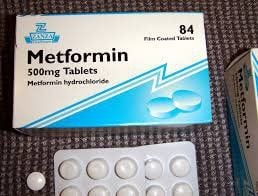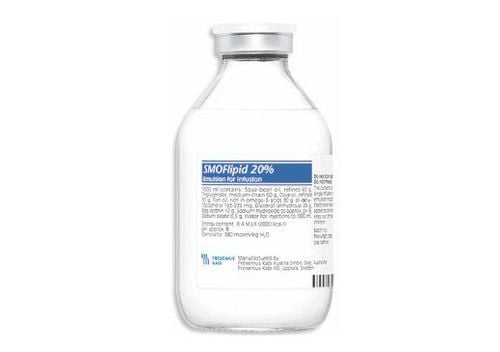This is an automatically translated article.
Omega-6 acid is the name for a type of unsaturated and polyunsaturated fat. The human body is not capable of synthesizing this essential fat on its own, but must be supplemented from external foods containing Omega-6 acids.1. What are Omega-6 Fatty Acids?
Omega-6 fatty acids are a type of unsaturated fat, including: Linoleic acid (LA), Gamma linolenic acid (GLA), Dihomo-gamma linolenic acid (DGLA), Arachidonic acid (AA). Omega-6 fatty acids are essential fats for the body's functioning, but the body cannot synthesize them and must be obtained from food sources or supplements.2. Uses of Omega -6 . fatty acids
If people do not consume enough omega-6 fatty acids, the cells will not function properly. Too much omega-6 fatty acids can change the way cells respond and have harmful effects on cells in the heart and blood vessels.Here are some of the health benefits of Omega-6 Acids:
2.1 Improve mental development or growth in infants Omega-6 is an essential fatty acid that supports normal growth and development. Infants, especially the development of the brain, promote memory and learning, improve children's mental development. In addition, Omega-6 acid is also known as a nutrient that helps improve children's resistance as well as increase their ability to absorb nutrients. Therefore, children will have a better immune system, healthy development and comprehensive physical as well as mental.
2.2 Attention-Deficit Hyperactivity Disorder (ADHD) Several studies done in subjects with attention-deficit/hyperactivity disorder have shown that those who respond adequately to Omega-3 and Omega-6 have decreased more 25% of ADHD symptoms within 6 months of testing. After six months, more than 47% of patients improved their symptoms.

Một số nghiên cứu chỉ ra rằng, trẻ mắc ADHD có phản ứng tích cực sau khi dùng omega-6
In addition, Omega-6 Acids are also used to support the treatment of some of the following health problems:
Multiple sclerosis (MS) Developmental coordination disorder (DCD) Lowering bad cholesterol (LDL) Levels good cholesterol (HDL) Reduces the risk of cancer.
3. Omega-6 Fatty Acid User Guide
Omega-6 fatty acids are thought to be safe for adults and children over 12 months of age to consume as part of a diet in amounts between 5% and 10% of daily calories.For pregnant and lactating women: Omega-6 fatty acids have been determined to be safe when consumed as part of a diet in amounts between 5% - 10% of daily calories. There is not enough reliable information about the safety of taking omega-6 fatty acid supplements if you are pregnant or breast-feeding. Should be kept safe and avoided.
Some cases should consult a doctor when using Omega-6 fatty acids:
Pregnant or lactating women, only use as recommended by your doctor If you are using any type of any other medicines You are allergic to any substances in Omega-6 fatty acids.
4. Foods Rich in Omega-6 Fatty Acids

Một số loại thực phẩm giàu axit béo Omega-6
Soybean oil, corn oil, safflower oil, sunflower oil, peanut oil, cottonseed oil, rice bran oil contain a lot of Linoleic Acid Peanut oil, meat , eggs, dairy products containing Arachidonic Acid Hemp seeds, green algae, evening primrose oil
5. Omega 6 . Fatty Acids Side Effects
If you add too much Omega 6 fatty acids, it will bring side effects such as: Abdominal pain, nausea, low blood pressure...All questions need to be answered by a specialist doctor as well as customers in need. For examination and treatment at Vinmec International General Hospital, you can contact Vinmec Health System nationwide or register online HERE.
Reference source: webmd.com
SEE MORE
Instructions for use and side effects of evening primrose oil Fish oil supplements: Uses, doses, side effects Omega-3 fish oil supplements for heart patients circuit













